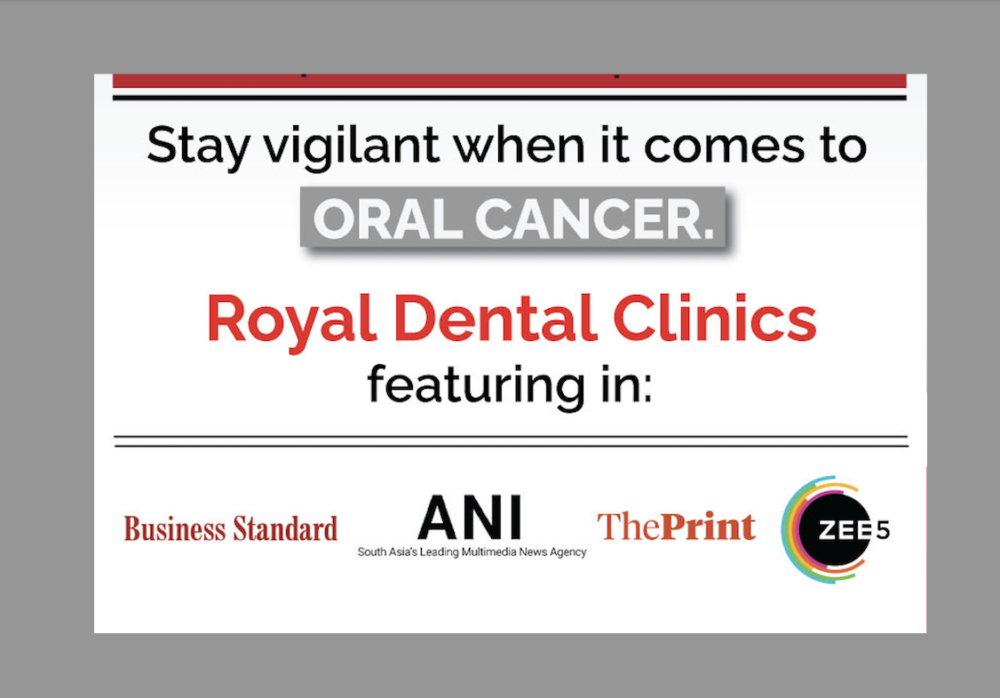It’s important to take care of your teeth and gums. A healthy smile can impact your job prospects, social life, and even your marriage potential. The key is prevention. By taking good care of your teeth, visiting your dentist regularly, and watching for any signs of trouble you can catch oral cancer early—and eradicate it before it takes hold and spreads. If you read nothing else about oral cancer today, know this: Your dentist should be screening you annually for oral cancer as well as common indicators. Which may be swollen or red gums or tongue, tooth pain that won’t go away, bleeding gums, a persistent sore throat with no known cause! The truth is that most people associate oral cancer with smoking and chewing tobacco.
But that’s actually extremely rare. In fact, only about 6% of all cases are related to those habits. It turns out that the biggest risk factor for developing oral cancer has nothing to do with how you keep your pearly whites clean; instead it’s everything to do with how often you see your dentist
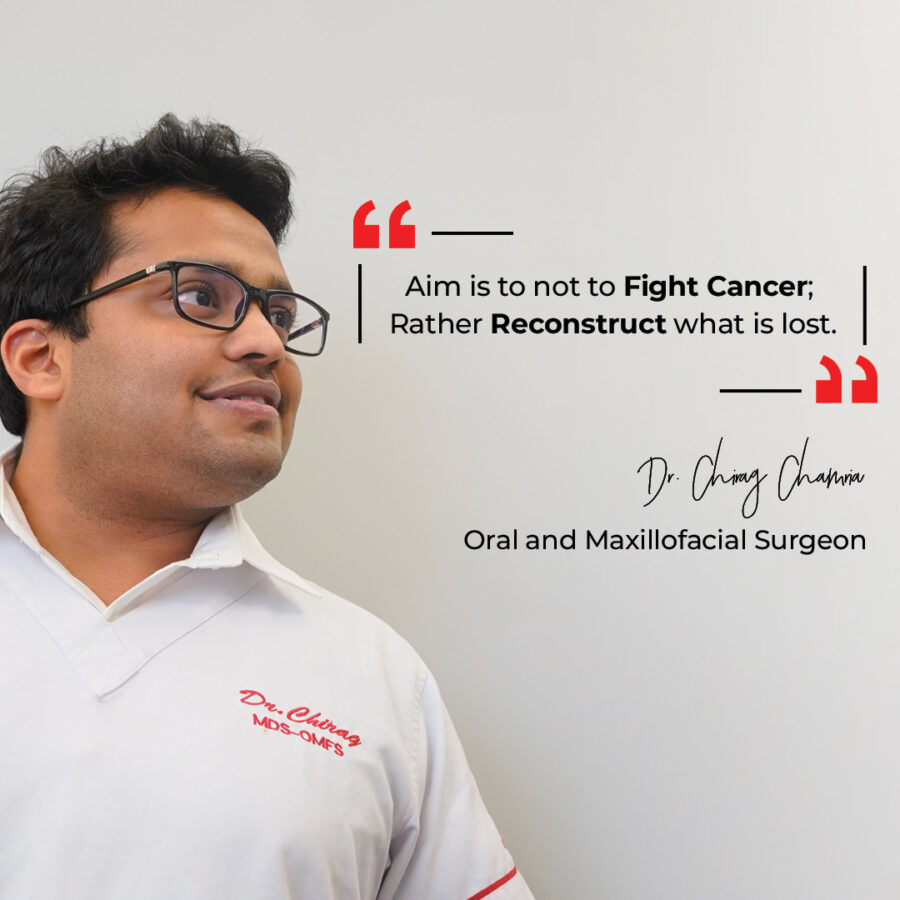
Protect Your Teeth and Gums | Oral cancer
Dental hygiene is the first line of defense when it comes to protecting your smile. It’s important to brush at least twice daily, floss daily, and visit your dentist at least once a year. It’s also a good idea to keep an eye on your body language. If you’re grinding your teeth or clenching your jaw, you are putting undue stress on your teeth and gums. This can lead to broken teeth or even oral lesions that could be precancerous.
Oral Cancer Screening During Dental Visits
The best way to detect signs of oral cancer is to screen for them during your annual dental visit. That’s because most cases of oral cancer are found in people who don’t visit their dentist on a regular basis — or at all. What’s more, it takes years for oral cancer to show visible signs, which is why it’s important to screen for risk factors as young as you can. There are several methods dentists use to screen for oral cancer, including visual examinations, tongue swabs, and gum biopsies.
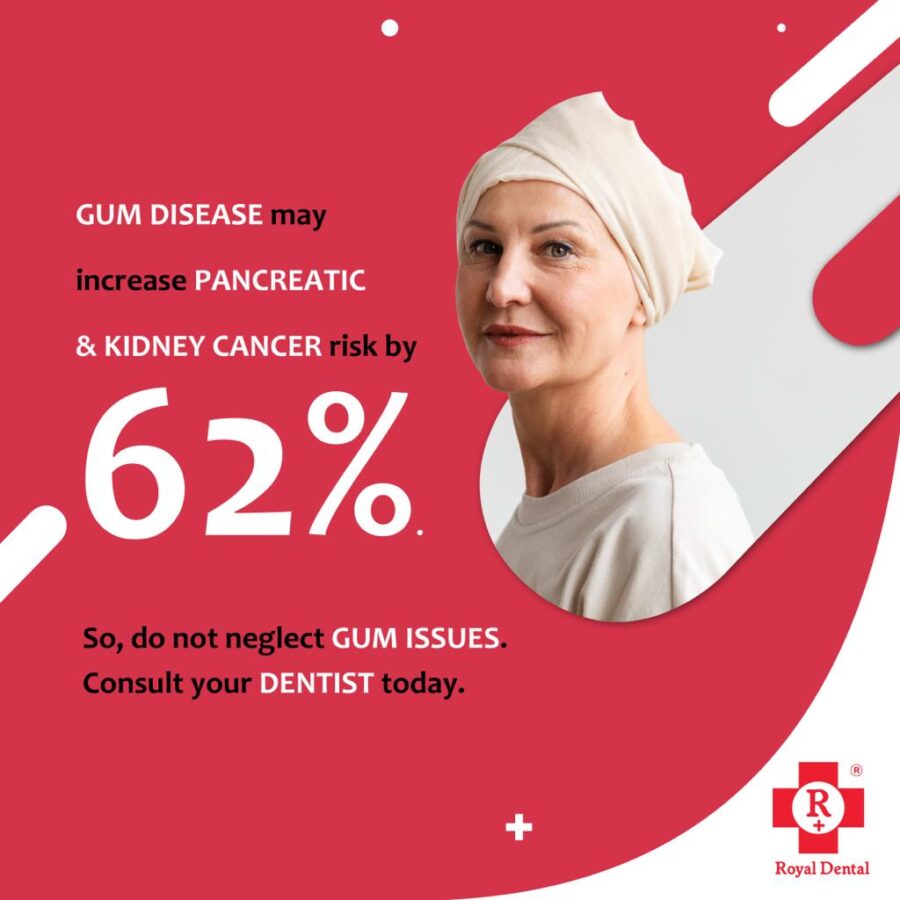
Common Symptoms of Oral Cancer
- A persistent sore throat with no known cause
- A feeling that something is caught in your throat
- Change in the way your teeth fit together when you bite down
- A change in the way your teeth fit together when you open your mouth
- Swelling or redness of your gums
- A change in the way your teeth feel when you run your tongue along their surface
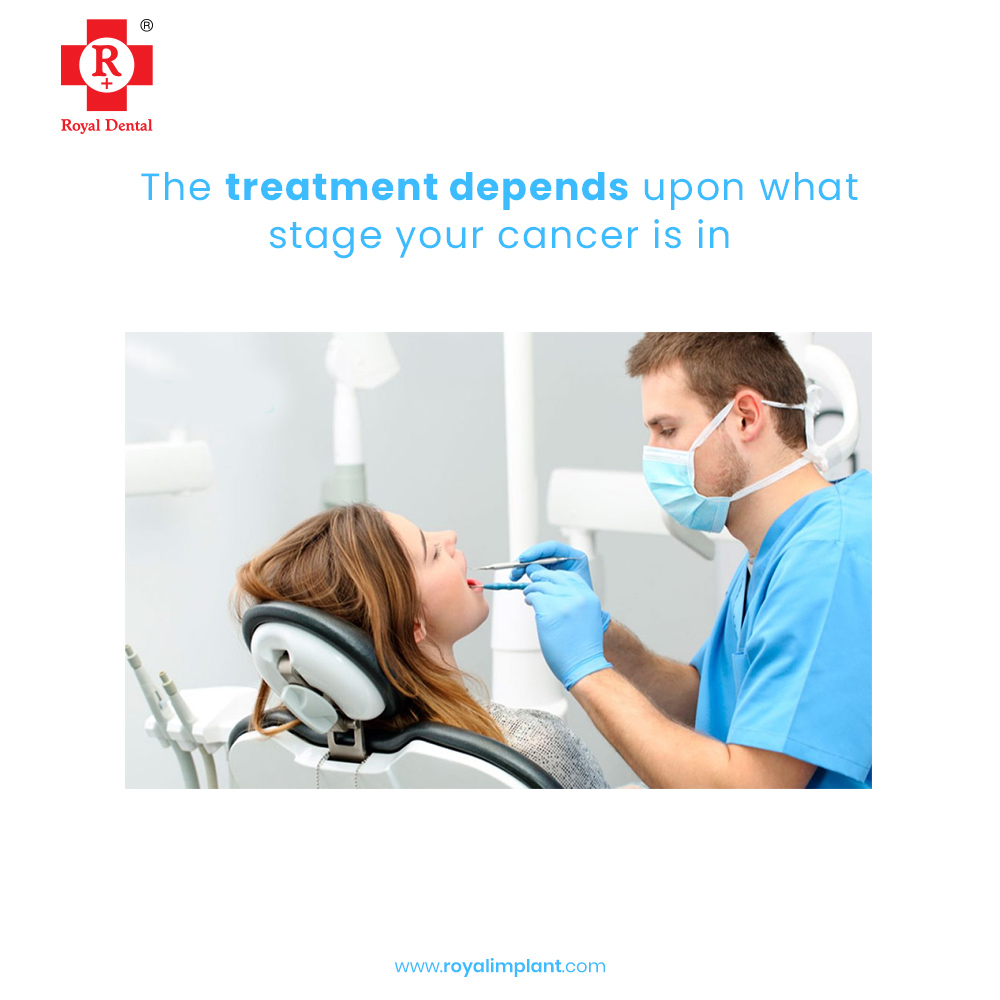
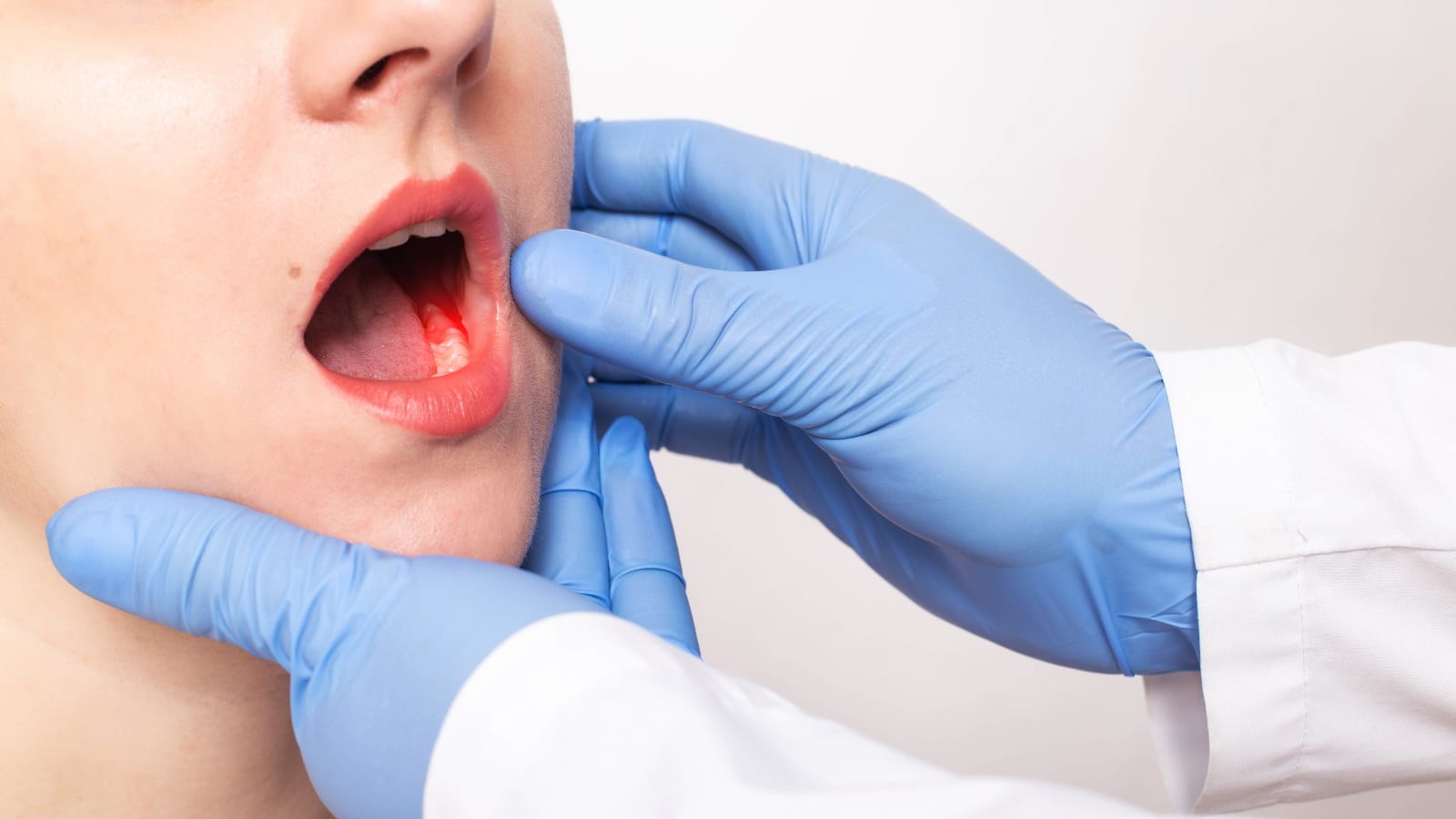
- Change in the way your tongue feels when you move it around in your mouth
- A lump or thickening in your gums that doesn’t go away
- Any change in the texture of your gums
- A change in the way your teeth fit together when you bite down
- Other Signs of Oral Cancer
- A change in the texture of your tongue
- A thickening or lump on the roof of your mouth
- Change in the way the roof of your mouth feels

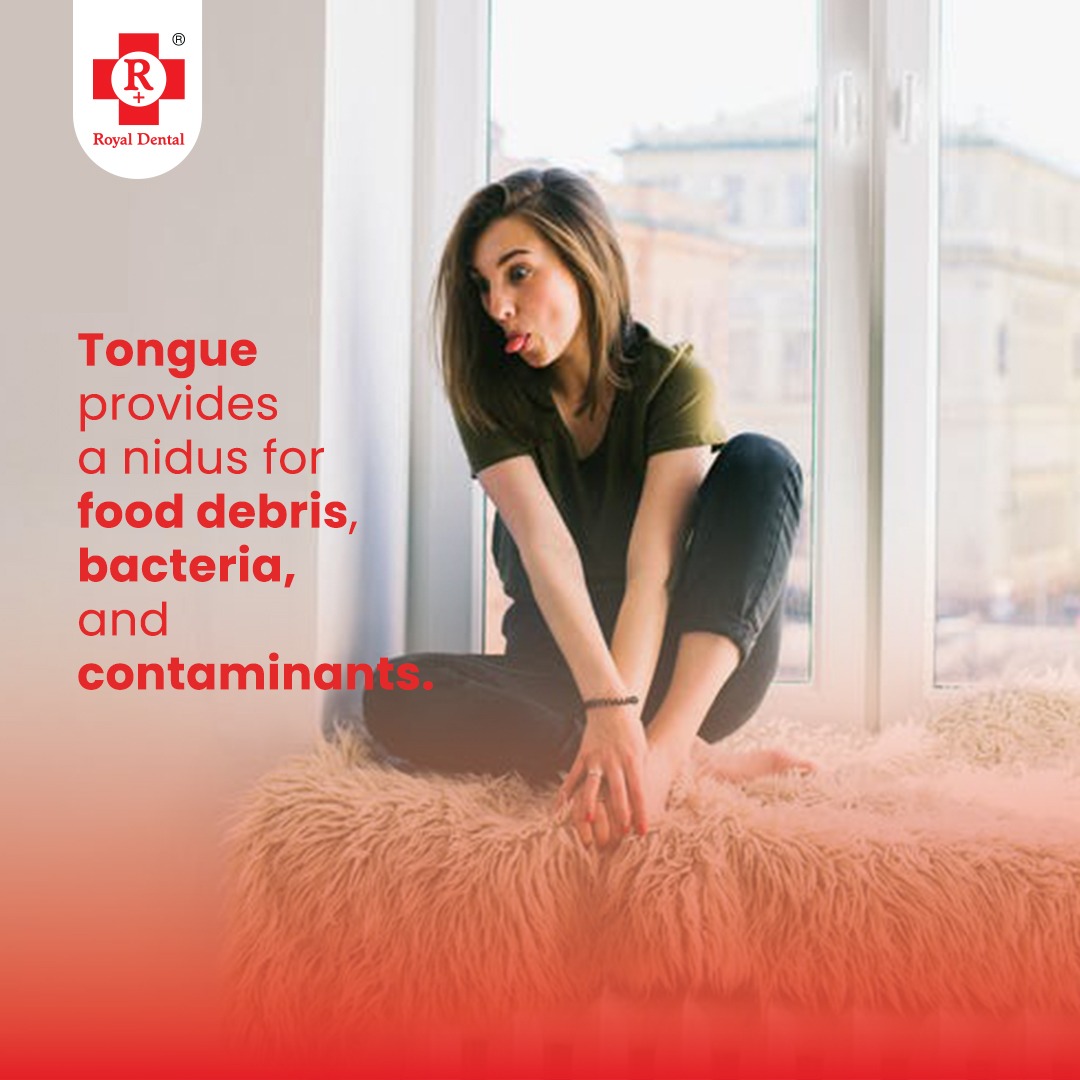
- A change in the way your voice sounds
- An unexplained change in your diet
- Wounds on your tongue or gums that don’t heal
- A change in your ability to taste
- Change in the colour of your teeth
- A change in the colour of your tongue
- A change in your ability to smell
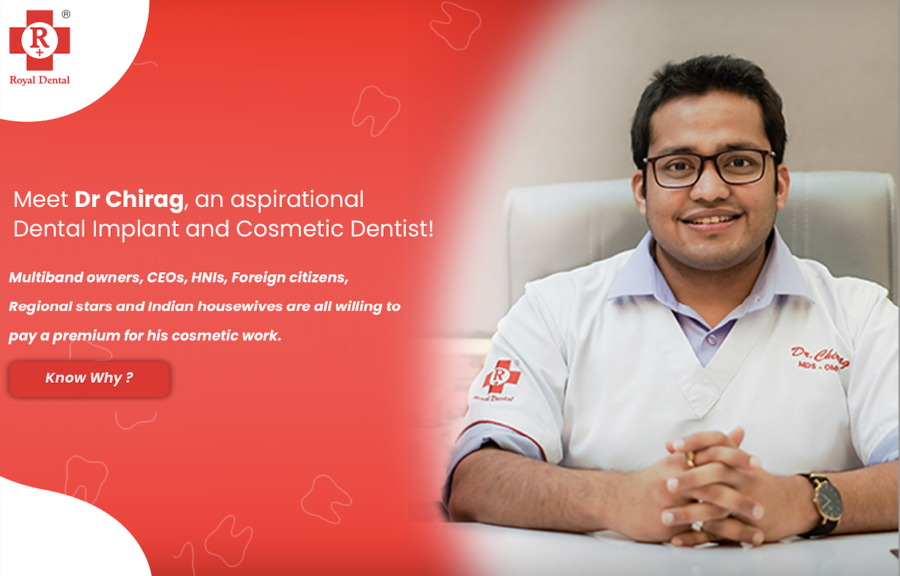
- Bleeding from your gums
- Loose teeth
- Pain while chewing
- A change in your ability to chew or swallow
- Pain while speaking
- Pain while drinking something warm
- Muscle spasms in the face
- Jaw pain
- A change in your overall health
How to reduce risk of developing Cancer
The best way to reduce your risk of developing oral cancer is to quit smoking and avoid alcohol altogether. If you currently smoke cigarettes or chew tobacco, please talk to your dentist about ways to get the help you need to quit. Since the HPV virus is highly associated with oral cancers, having a healthy immune system can help prevent oral cancers related to HPV. This can be done through healthy eating habits, reduced stress, and regular exercise. To prevent developing mouth cancer due to diabetes, work with your doctor to maintain healthy blood sugar level and diet.
Tobacco and Cancer
Tobacco is the most common cause of mouth cancer. This includes chewing or smoking anything that contains tobacco. Cigarette smoking causes the most deadly type of oral cancer known as squamous cell carcinoma. The lining of the mouth is rich with bacteria which produce nicotine. Nicotine irritates the mouth and leads to formation of small amount of cancer cells. However, Cigarette smoking contains harmful chemicals like arsenic, which are carcinogenic and can destroy good cells in the mouth.

Final Words
As you can see, a lot can go wrong with your mouth that could be the result of oral cancer. If you experience any of these symptoms, you should see your dentist immediately. The longer you wait, the less chance you have of surviving the disease.
Even if nothing is found during the screening, oral cancer can be slow to show symptoms. That’s why it’s important to get screened regularly. You can’t see your mouth yourself.

